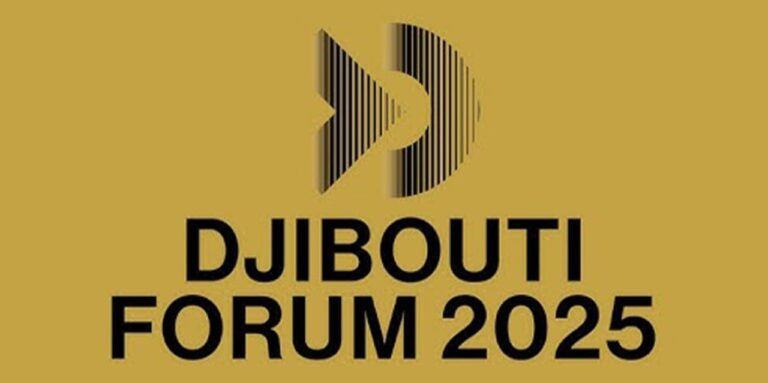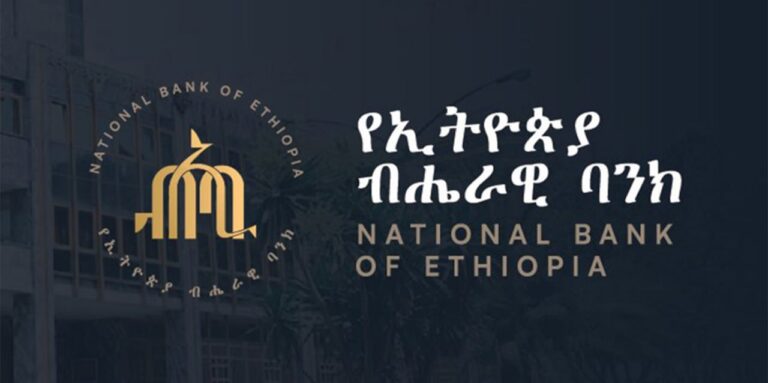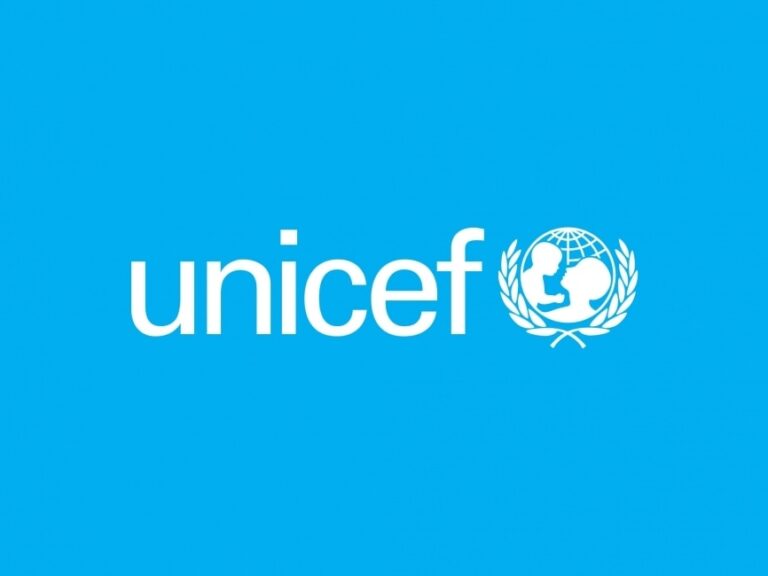The International Air Transport Association (IATA) has launched the Sustainable Aviation Fuel (SAF) Registry with its release to the Civil Aviation Decarbonization Organization (CADO). The Registry, now live under CADO management, will enable a global market for SAF that will accelerate the transition to net zero emissions by 2050.
“Aviation’s decarbonization is a team effort. In releasing the SAF Registry to CADO for launch, we have put in place a critical platform for the benefit of all stakeholders. It ensures that all airlines in the world have access to SAF and that their SAF purchases can be claimed against any climate-related obligations in this domain. The Registry will record the environmental attributes of SAF purchases in an immutable way, safeguarding against double counting. Airlines, their corporate customers, fuel producers, regulatory bodies, and all related organizations will be able to record and account for their SAF transactions in a global market for SAF. While this is of fundamental importance and a historically momentous advance, it is but one step along the way to a mature, transparent, and liquid global SAF market. The Registry cannot produce miracles on its own, but without it, no miracles can be produced.
Further progress requires active policy support for the ramping-up of all renewable energy production, and for SAF within that production. Governments must reallocate their direct support given to fossil fuel producers in favor of renewable energy production. The precedent of the wind and solar energy markets is the example to follow, and this without any further delay,” said Marie Owens Thomsen, IATA’s Senior Vice President Sustainability and Chief Economist.
The SAF Registry is a global system to record SAF transactions in a standardized and transparent way. It ensures that the environmental benefits of SAF can be tracked as they move across the SAF value chain and enable the claiming of these against regulatory obligations and voluntary schemes by airlines and corporate customers.
The Registry helps solve the challenge of limited SAF supply —which is acutely scarce and available in only a few locations globally —by connecting airlines with SAF producers and suppliers, regardless of their geographical location. In addition, it gives airlines’ corporate customers access to in-sector emissions reductions and capitalizes on firms’ capacity to co-finance the cost of decarbonization.
The SAF Registry is technology and feedstock neutral, favoring the emergence of diverse SAF production streams across the world. It will be able to accommodate specific regulations, while favoring global harmonization. Moreover, interoperability with other registries is an important feature of the Registry, supporting competition and open markets.
The Registry was developed in consultation with airlines, government authorities, OEMs, fuel producers and suppliers, and corporate travel management companies. With over 30 early users (see appendix) already in the process of onboarding and ready to use the system, the Registry is underpinned by the IATA SAF Accounting and Reporting Methodology which provides a consistent approach to accounting for the environmental benefits of SAF purchases, regardless of location.
Participation in the SAF Registry will be free until April 2027, after which it will be operated on a cost recovery basis.






